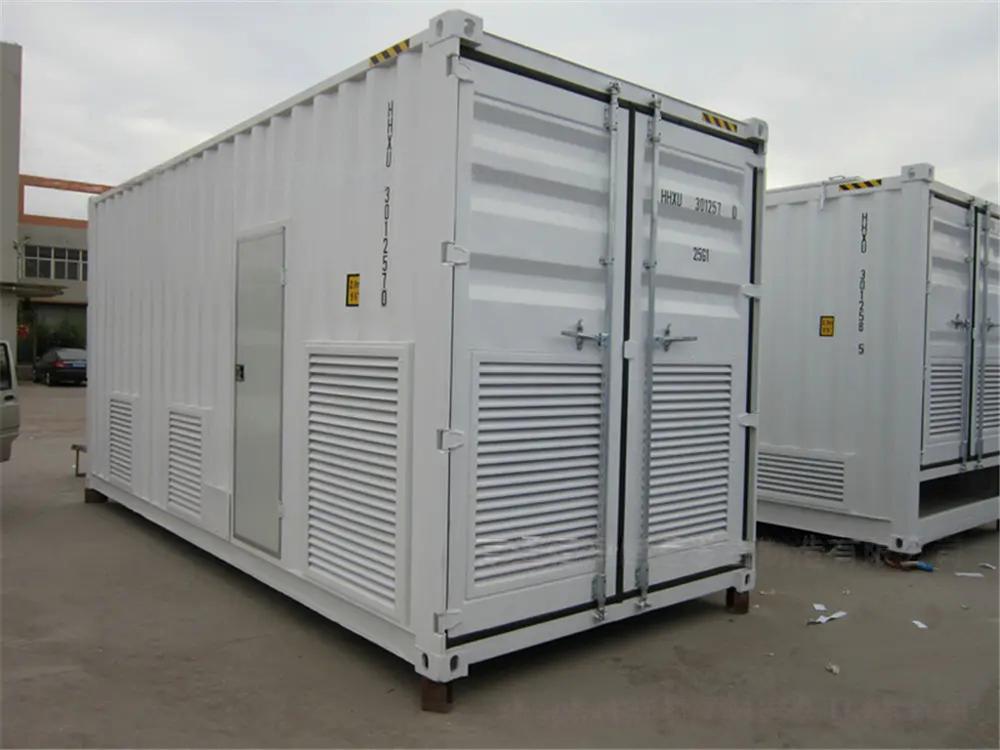
Nov . 04, 2024 19:47 Back to list
Top Manufacturers of Lithium Iron Phosphate Batteries for Reliable Energy Solutions
The Rise of Lithium Iron Phosphate Batteries A Deep Dive into Manufacturers and Trends
In recent years, the demand for efficient and sustainable energy storage solutions has soared, driven by the rapid growth of electric vehicles (EVs), renewable energy sources, and portable electronics. Among various battery chemistries available, lithium iron phosphate (LiFePO4) batteries have emerged as a compelling choice due to their balance of performance, safety, and environmental impact. As a result, manufacturers specializing in LiFePO4 batteries are experiencing significant growth, leading to innovations and market expansions.
Understanding Lithium Iron Phosphate Batteries
Lithium iron phosphate batteries utilize lithium iron phosphate as the cathode material and graphite as the anode. This composition provides several advantages. Firstly, LiFePO4 batteries are known for their thermal stability and safety, reducing the risk of fire and hazardous failures that can occur with other lithium-ion chemistries. Secondly, these batteries exhibit a long lifecycle, with the capability to withstand thousands of charge and discharge cycles, making them a cost-effective option over time.
The environmental impact of LiFePO4 batteries is also increasingly relevant. Lithium iron phosphate is non-toxic and abundant compared to other battery materials like cobalt, which raises ethical concerns over mining practices. As manufacturers embrace sustainability, the demand for LiFePO4 is likely to grow, aligning with global trends toward greener technologies.
Leading Manufacturers and Market Trends
The market for lithium iron phosphate batteries is characterized by a range of manufacturers, each contributing unique innovations and competitive advantages
. Key players in this sector include companies like A123 Systems, BYD, CATL, and Valence Technology, among others.1. A123 Systems A pioneer in rechargeable lithium-ion batteries, A123 Systems has a strong focus on technology and innovation. The company has developed advanced formulations of LiFePO4 batteries, which are widely used in electric vehicles and grid storage applications. Their robust research and development efforts have positioned them as leaders in the lithium-ion market.
lithium iron phosphate batteries manufacturers

2. BYD Based in China, BYD is a leading manufacturer of electric vehicles and batteries. The company produces a range of lithium iron phosphate batteries that power its electric buses and cars. BYD’s scale of production enables competitive pricing, making their batteries accessible to a broader market. Moreover, the company’s commitment to sustainability and renewable energy solutions further enhances its reputation as a forward-thinking manufacturer.
3. CATL (Contemporary Amperex Technology Co., Limited) Another giant in the battery manufacturing space, CATL is known for its cutting-edge technology in lithium iron phosphate batteries. The company has become a significant supplier for major automotive manufacturers, positioning itself at the forefront of the electric vehicle market. CATL’s innovations focus on improving energy density and reducing charging times, which are critical factors for EV adoption.
4. Valence Technology As a pioneer in the commercialization of lithium iron phosphate technology, Valence Technology specializes in creating batteries for various applications, including electric vehicles, marine energy systems, and renewable energy storage. The company's technologies have earned a reputation for reliability and efficiency, appealing to markets that demand high-performance energy solutions.
Future Outlook
Looking ahead, the market for lithium iron phosphate batteries is set to grow, propelled by several factors. First, the increasing push for electrification across industries—from transportation to energy storage—will drive the demand for safer and more sustainable battery technologies. Second, advancements in battery technology, including improvements in energy density and charge/discharge rates, will further elevate the appeal of LiFePO4 batteries.
Moreover, the infrastructure for recycling and repurposing batteries is improving, addressing one of the critical concerns surrounding battery production and disposal. As manufacturers take proactive steps toward establishing sustainable practices in their production processes, the environmental footprint of lithium iron phosphate batteries will continue to diminish.
In conclusion, lithium iron phosphate batteries represent a significant advancement in energy storage technology, driven by key manufacturers who are prioritizing safety, sustainability, and performance. As industries continue to transition to renewable energy solutions, the role of LiFePO4 batteries will likely expand, making them a vital component in the quest for a cleaner and more efficient future. The strategic responses of manufacturers to evolving market demands will shape the landscape of energy storage in the years to come.
-
Advanced AI Energy Management with GPT-4 Turbo
NewsAug.02,2025
-
AI-Powered EMS with GPT-4-Turbo | Efficiency Boost
NewsAug.01,2025
-
Optimized Storage System for GPT-4-Turbo | High Performance
NewsJul.31,2025
-
AI Energy Management System w/ GPT-4 Turbo Efficiency
NewsJul.31,2025
-
High-Performance Energy Storage System for Reliable Power Solutions
NewsJul.30,2025
-
Advanced EMS Solutions for Energy Management System & Storage Battery Companies
NewsJul.29,2025























